If Technology Connects People Why Are People Lonelier Than Ever
By Lisa Firestone Ph.D. loneliness and technology
Psychology Today
Why Millennials Are So Lonely
What’s behind the loneliness epidemic in younger generations?
There’s been a rising concern about the epidemic of loneliness in our society. Last year, a national survey by Cigna of more than 20,000 Americans ages 18 and over showed that most U.S. adults are considered lonely. That particular study found that that the youngest generation of those surveyed were the loneliest of all. Now, a recent poll by YouGov just confirmed that Millennials have surpassed Generation X and Baby Boomers as the loneliest generation.
The YouGov report found that 30 percent of Millennials (ages 23-38) always or often feel lonely. About one in five people in this age range say they have no friends, while 27 percent say they have no close friends, and 30 percent say they have no “best friend.” These numbers are considerably higher than the other generations surveyed.
While the reasons for Millennials’ feelings of isolation are not comprehensively examined by the study, they did mention a 2018 study from the University of Pennsylvania that found a causal link between time spent on social media with decreased well-being. The lead researcher for that study, Melissa Hunt, concluded, “Here’s the bottom line: Using less social media than you normally would lead to significant decreases in both depression and loneliness.” With social media as a potential facilitator, what are the social factors, psychological processes, and cognitive influences leading people to feel lonelier?
It’s important to note that loneliness is different from being alone. John Cacioppo who studied loneliness for more than two decades defined it as “perceived social isolation, or the discrepancy between what you want from your social relationships and your perception of those relationships.”  People feel distressed about the number of friends they want versus how many they have. They also have a tendency to compare themselves with others, a process heavily exacerbated by the rise of social media. Stress-inducing comparisons and the rise of FOMO are side effects of social media, and they (along with loneliness) tend to decrease when social media use is reduced.
People feel distressed about the number of friends they want versus how many they have. They also have a tendency to compare themselves with others, a process heavily exacerbated by the rise of social media. Stress-inducing comparisons and the rise of FOMO are side effects of social media, and they (along with loneliness) tend to decrease when social media use is reduced.
Yet, in order to address the underlying issues contributing to loneliness, we must look not just at social media or any external platform, but at the internal effects of such platforms. In other words, what are the thoughts and feelings sparked by the use of social media that lead a person to magnify their “perceived isolation?” I would argue that the mental processes that drive loneliness are not so different from what they’ve always been, but the rise of technology has created a hotbed for these destructive thought processes to flourish.
For many years, I’ve studied and written about a person’s inherent duality as it relates to their self-perception. We all have a side of ourselves that is a champion of who we really are.
It is the part of us that is goal-directed and on our own side. Yet, we also have a vicious “anti-self,” an internal enemy shaped out of negative early experiences and influences that pretty much has it in for us. The language of this inner critic is what my father, Dr. Robert Firestone, has long referred to as the “critical inner voice.”
This voice is like a sadistic internalized coach or commentator. It is always there to critique, punish, and undermine us. In many ways, it is a lens through which we filter our experience, and it is very much a contributor to our loneliness. It puts us down in relation to others, makes us feel awkward or uncomfortable in our own skin. It tells us we are unworthy or uninteresting. It injures our own confidence and even makes us paranoid or suspicious of others. All of these increase our tendency to isolate ourselves and to feel more alone.
How Modern Technology Effects Us Positively and Negatively
In our 30 years of research, my colleagues and I at The Glendon Association have found that the most common critical inner voice people experience is that they are different from other people in some basic negative way. Now, think about how the use of social media might exaggerate this precise self-attack. Most days, we all experience a range of emotions, from high to low. We may feel exhausted or down and choose to stay home on the couch for the night. However, the minute we grab our phone and scroll Instagram, we see a flood of faces, looking like they’re having the time of their lives.
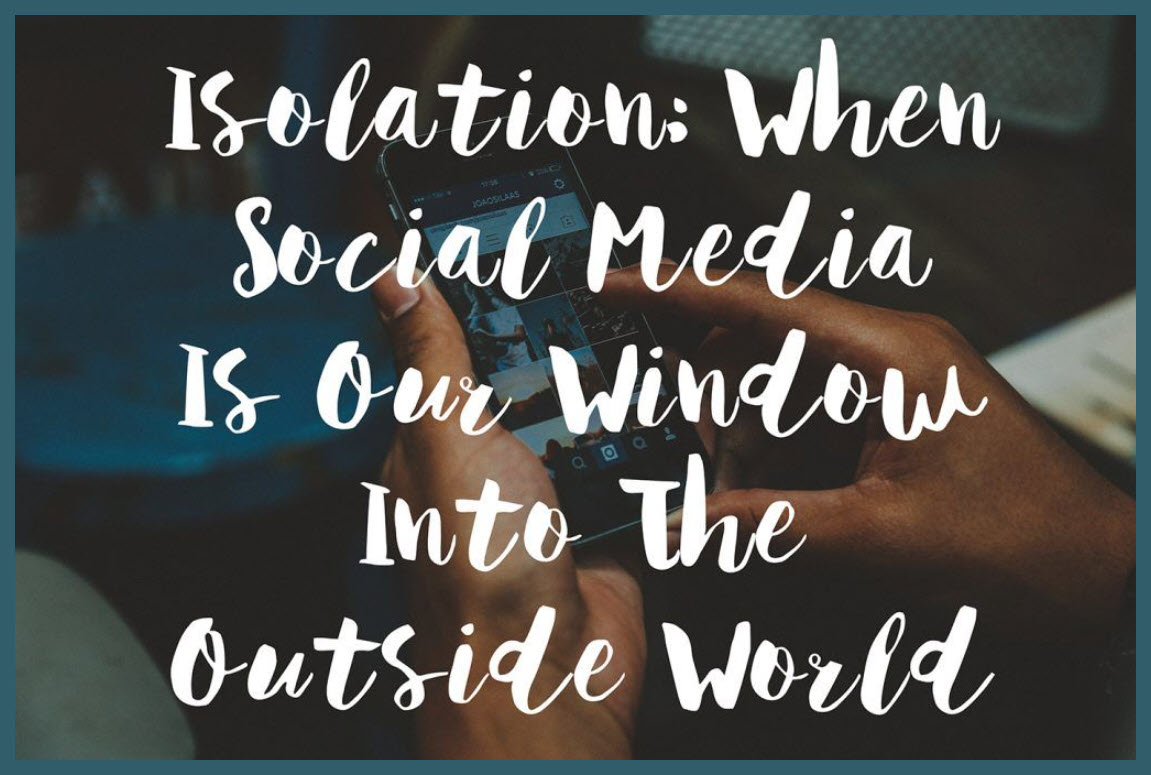
We talk a lot about the discrepancy between a photo on social media and reality, but one recent example really illustrated this for me in relation to loneliness. A friend of mine was having a stressful day and decided to go home and go to bed early. Before she went to sleep, she grabbed her phone and opened Facebook. Immediately, she saw a photo of a friend/coworker of hers out at a new restaurant she’d also wanted to try. Her friend had a huge smile and her arm around another person my friend didn’t know. They were posed in front of a long communal table of laughing, toasting, and socializing strangers.
My friend immediately started to hear critical inner voices: “You’re so lame. You never go out. She wouldn’t have wanted to invite you anyway. What are you even doing with your life? You’re not fun. People don’t call you to hang out. They obviously don’t like you.”
The next day, when she went to work, she saw her friend and mentioned the photo. “It looked like you had a fun night,” she said. “How was the restaurant?” Her friend responded, “Oh, it was okay. Honestly, we met up with a bunch of people my friend knows, and I felt pretty out of place. I wish you had been there.”
It’s rare that one photo or caption will accurately reflect a person’s full internal world. For all we know, the friend smiling into the camera in a trendy new spot may be just as much under the influence of their critical inner voice as we are sitting alone at home, feeling like a loser.
In this case, when her friend in the glossy photo opened up to my friend, she revealed that she often feels uncomfortable in a crowd, frequently puts herself down, and questions whether her friends are having fun with her. Yet, the moment a camera flashes, she does what we all do: puts her arm around the person next to her and smiles.
Because our loneliness has a lot to do with how we think about our circumstances and less to do with our actual circumstances, we have a lot of power in changing it. The first thing to do is to catch on to what our critical inner voice is telling us. Many people have the thoughts: “No one likes me. I have no friends.” It’s important to question if this is actually true and try to keep our eyes open to the people who care about or take an interest in us – not just online but in our face-to-face interactions. As the YouGov study showed, most people make friends through school and work, but also through local, community-driven, or volunteer events.
Of course, we have to be present in these situations to experience a sense of connection, which also means shutting out the noise of our inner critic. It’s helpful to become aware of the critical inner voices that are keeping us from connecting or reaching out: “Just stay home. No one cares if you come out. You’ll just feel awkward.” Are these thoughts affecting our actions and hurting our confidence in ways that keep us in our shell?
The critical inner voice can also be sneaky and sound soothing, but its goal is always the same: to separate us and make us feel less than. We may have thoughts like, “You don’t need people. Just take care of yourself.” It will even bombard us with distrusting voices toward others.
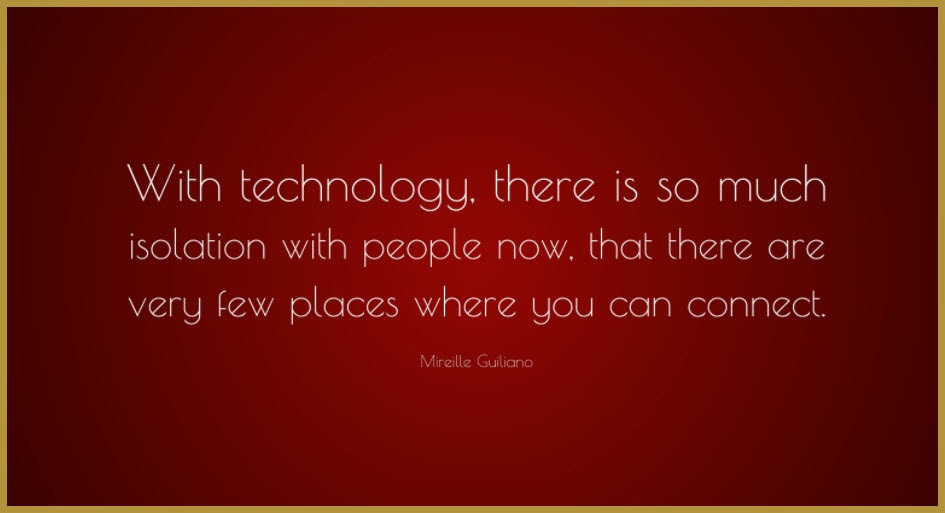
It can make us cynical, paranoid, and suspicious as if we are going to be used and hurt by other people. Again, this simply creates a self-fulfilling prophecy, encouraging us to be alone and later, attacking us for feeling lonely.
Because loneliness has so much to do with our own perception of ourselves and the world around us, challenging our inner critic can be one of the most powerful tools to feeling stronger in ourselves, more at home in our skin, and more empowered to pursue what we really want in life. There are steps we can all take to start to conquer this internal enemy, and these are steps that can lead us down a more social and connected path, where we can form closer, more fulfilling relationships with others.
Source: psychologytoday.com
About The Author
Lisa Firestone, Ph.D., is a clinical psychologist, an author, and the Director of Research and Education for the Glendon Association.
Blog Companion Book
What makes us different from other inspirational/motivational online content providers is our monthly
Wave of iNspiration Showcase!
Each month the Showcase features a new Blog, Video, Book, and Quote, highlighting an inspirational, motivational, and educational topic from the industry’s most influential writers, bloggers, authors, and publishers.
 ↓
↓
Trending throughout iNation…
- Leadership Excellence – A Model for Sustained Success By Dr. Philip A. Iannuzzi, Jr. (Retired Colonel, U.S. Air Force)
- Gen Z Has A Manchild Problem, And It’s Scaring Everyone
- 7 Reasons You Are Unsuccessful. It Isn’t Because You’re Lazy. It’s This.
- If Technology Connects People Why Are People Lonelier Than Ever
- We’re all beginners in life who’ve been given a lot of advice…just be sure not to ignore these 7 powerful pieces!
- 7 Ways to Stop Making Excuses By Vera Sweeney
- 8 Steps to Move Away From the Past You Need to Leave Behind By John Rampton
- When The Student Is Ready The Teacher Will Appear By Josh Lannon
- 8 Signs Your Ego Is Trying To Sabotage You
- 5 Signs That You Are Successful Even Though You Don’t Feel Like It
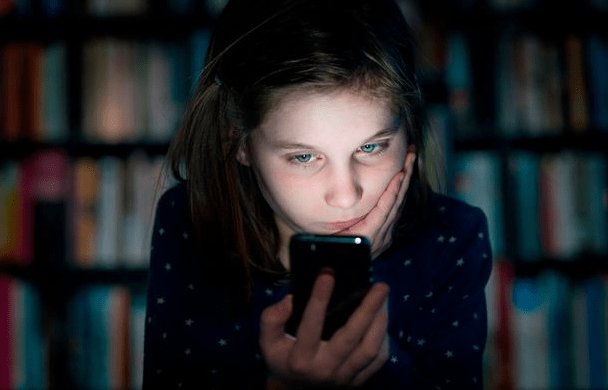
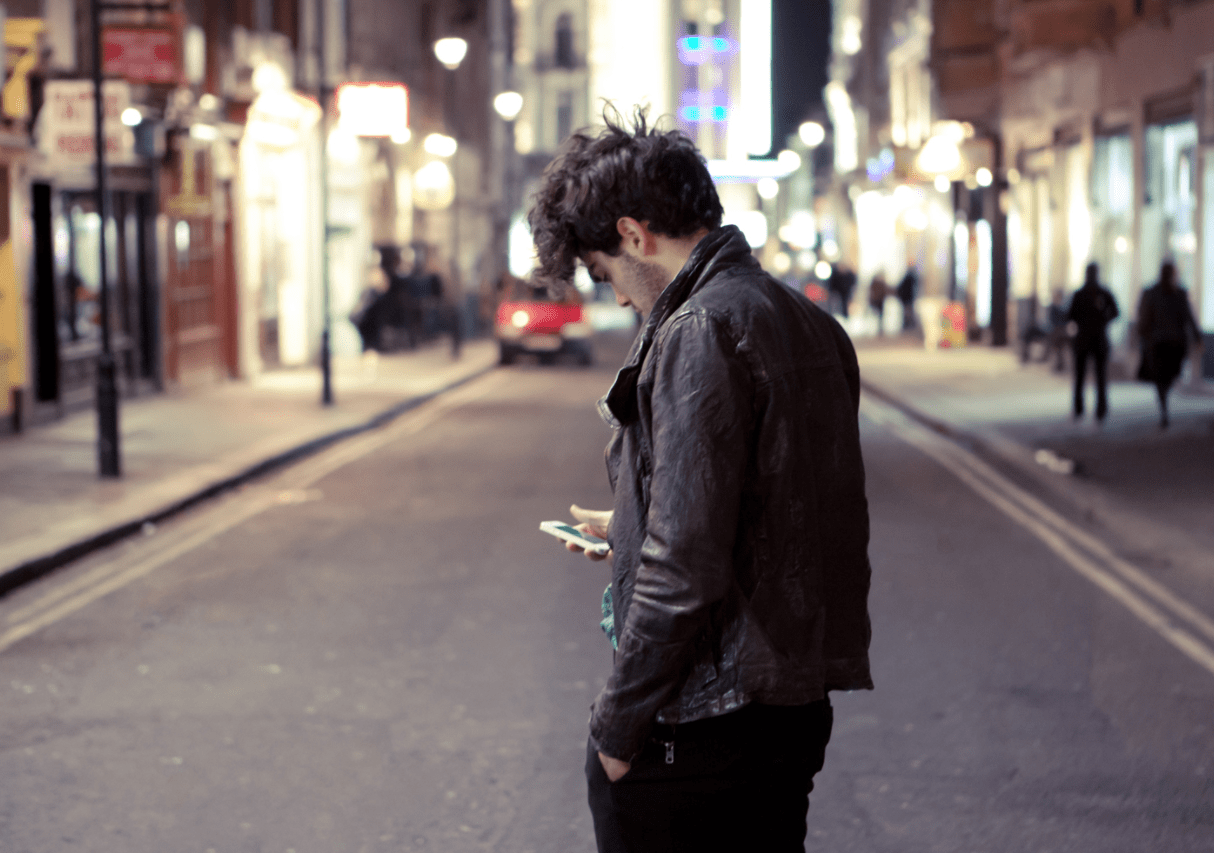 People feel distressed about the number of friends they want versus how many they have. They also have a tendency to compare themselves with others, a process heavily exacerbated by the rise of social media. Stress-inducing comparisons and the rise of FOMO are side effects of social media, and they (along with loneliness)
People feel distressed about the number of friends they want versus how many they have. They also have a tendency to compare themselves with others, a process heavily exacerbated by the rise of social media. Stress-inducing comparisons and the rise of FOMO are side effects of social media, and they (along with loneliness) 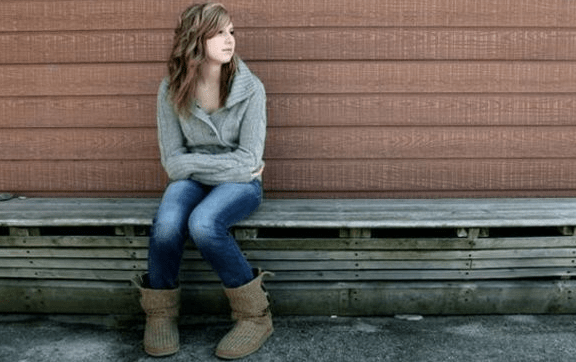
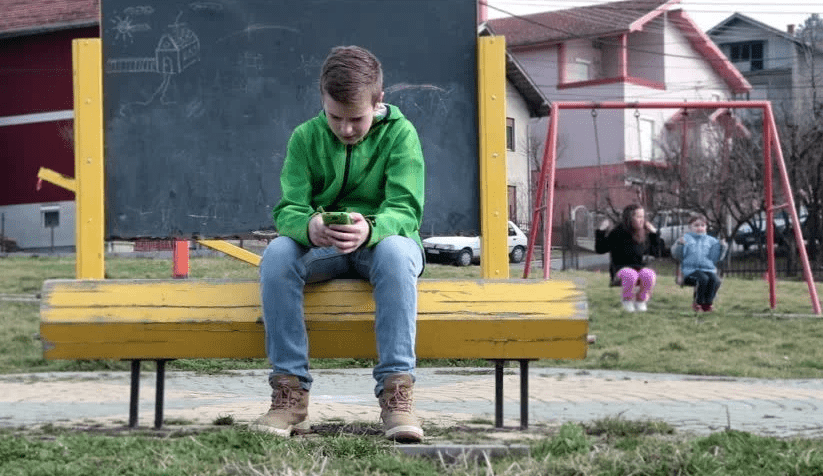
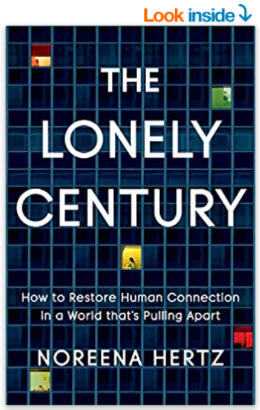




 ↓
↓

